Ahead of the tomorrow’s International Day of Clean Air for Blue Skies, Our Common Air, the recently established, independent commission, has published a report urging governments to address critical gaps in air quality data.
The Commission, which is chaired by the former New Zealand PM Helen Clark and the former WHO Chief Scientist Dr Soumya Swaminathan, has brought together a number powerful voices to drive action on air pollution across the world.
Having launched earlier this year with the publication of two briefing papers and a call to action, Our Common Air are now calling for the creation of a global air quality database to fill the critically important gaps in global air quality data.
Last year, Randall Martin, an atmospheric scientist at Washington University in St. Louis said: ‘I often see rankings of the ‘most polluted city’ in the world, but these sorts of rankings can be misleading. The density of air quality monitors is so low globally that no one knows which city is most polluted in general, and even less so on a given day.
‘Despite recent growth in ground-based monitors, millions of people still live in countries that either don’t collect high-quality air pollution data or don’t share it publicly.’
Our Common Air are calling for this to change, pointing out that with 39% of countries currently lacking the capability to monitor PM2.5 effectively, it is difficult to allocate resources to where they would be most beneficial and to hold leaders to account.
Helen Clark said: ‘Air pollution is one of the greatest public health threats of our time. Yet, we lack a unified, accessible system to monitor it. Without reliable data, we cannot track progress or demand accountability. A global database would end this inequality of awareness, as well as pave the way for more ambitious actions against air pollution.’
Furthermore, a 2022 analysis of air pollution data shared by U.S. embassies across 40 countries found that when cities were given access to real-time air quality data, they significant drops in air pollution levels.
However, as the report observes, many countries simply lack the infrastructure to effectively estimate their pollution levels and as such the Commission aims to standardise air quality monitoring globally, ensuring that even countries with limited infrastructure and tracking mechanisms are able to access high-quality and robust air quality data.
Its report is asking that UN agencies and major development and regional development banks to play a role in coordinating and financing efforts to install at least one PM2.5 monitor in each country, ensuring real-time, open access to air quality data for the whole population.
Dr. Soumya Swaminathan said: ‘It is deeply ironic that on a day dedicated to the importance of clean air, millions of people around the world still lack access to reliable information about the air they breathe. We must bridge this data gap to ensure that everyone, regardless of where they live, can be informed and empowered to protect their health and demand action against air pollution.’
The report also calls for:
• Dedicated funding that builds air quality monitoring capacity in countries where there is currently no or little capacity;
• Default methods used to estimate PM2.5 levels, so no country is left behind even when tracking is simply not yet possible;
• The creation of a combined, global target for PM2.5 reductions, akin to other global goals, such as net zero by 2050.
The report can be downloaded here.
Photo: Gulshan Khan / Climate Visuals












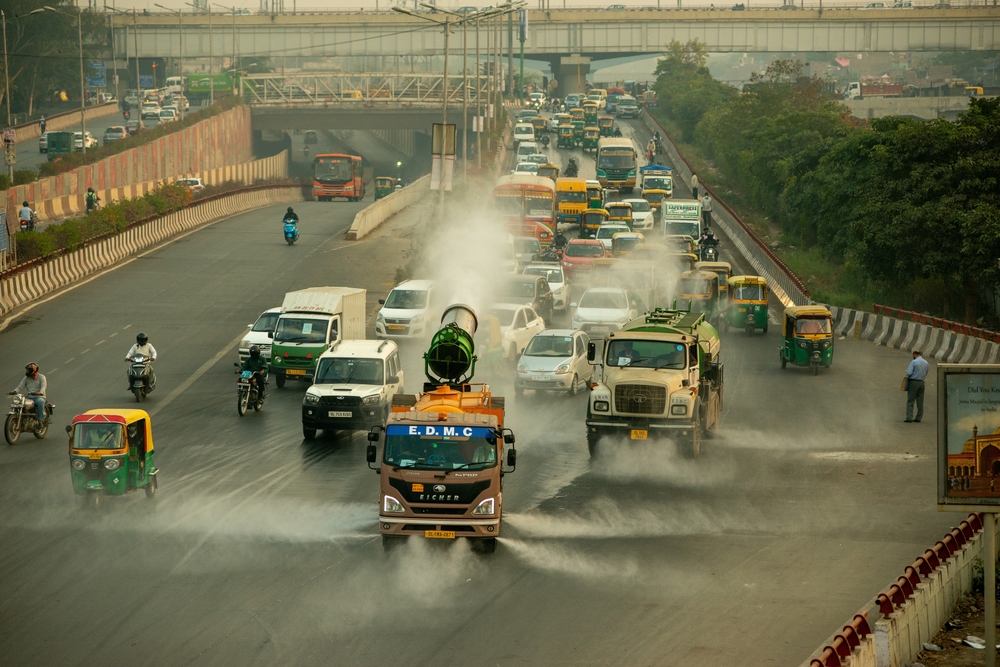
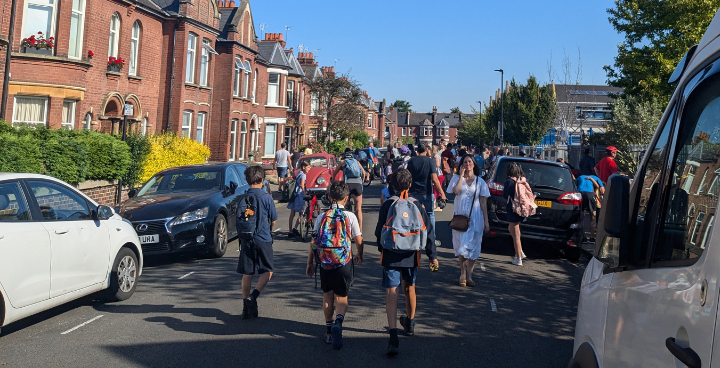
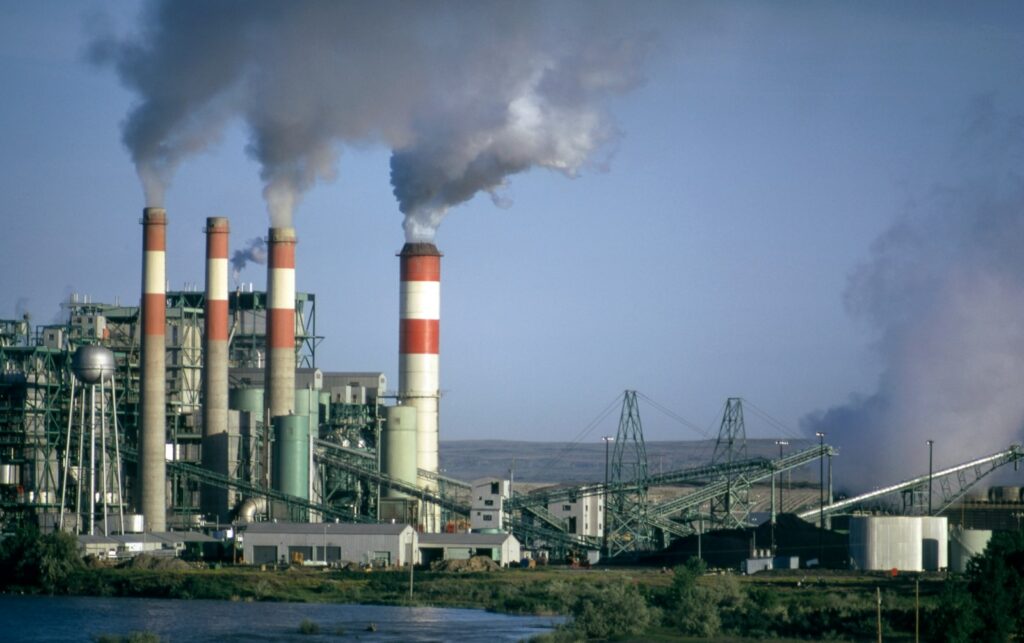
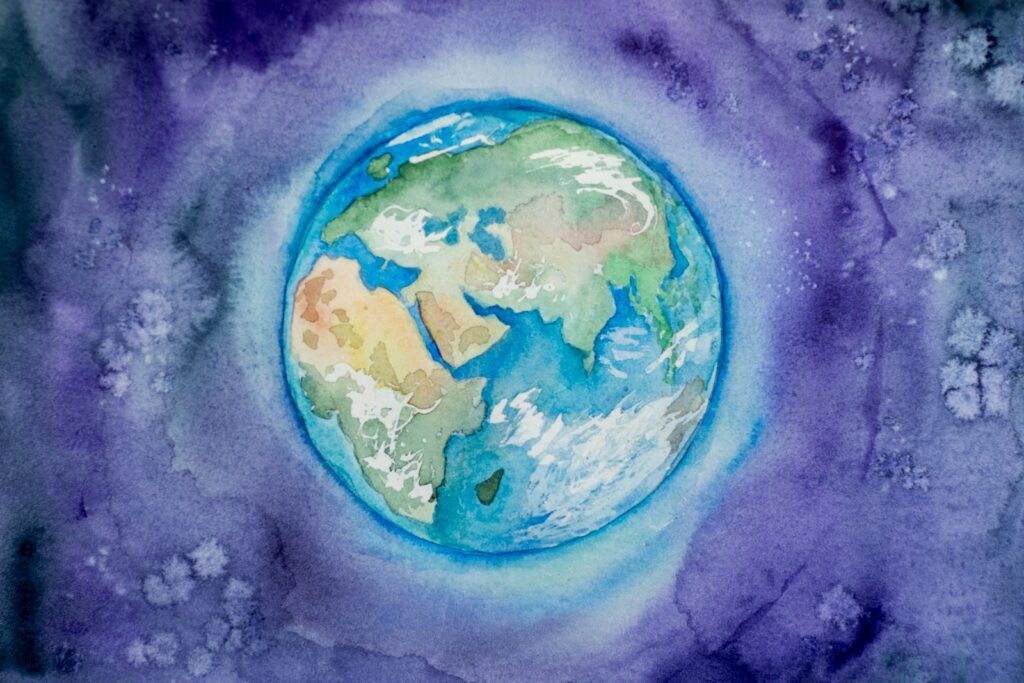

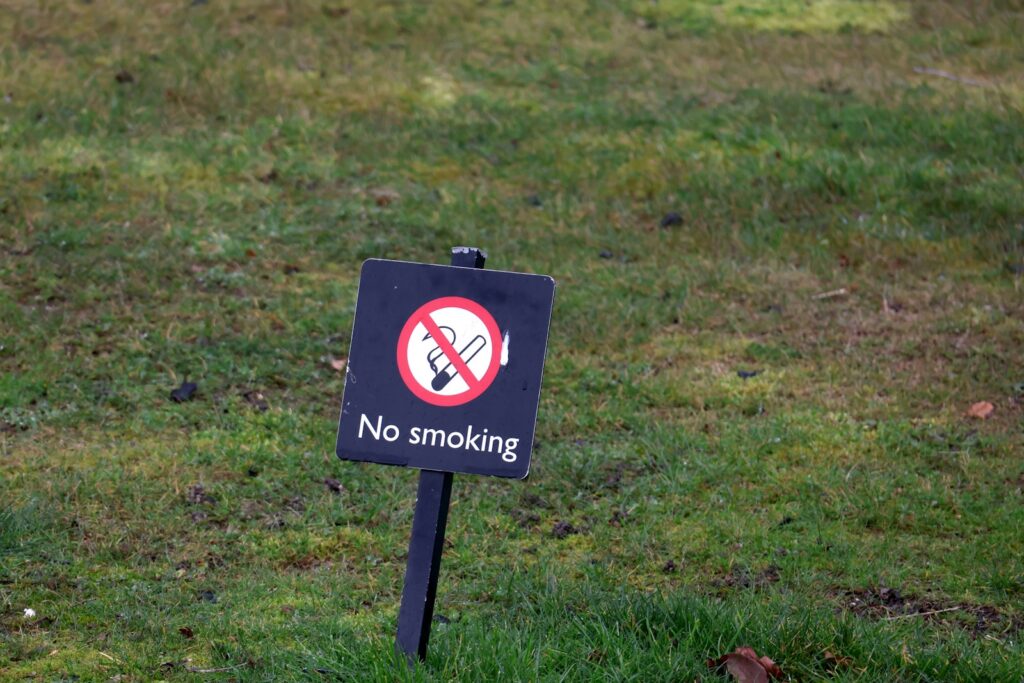
Leave a Reply